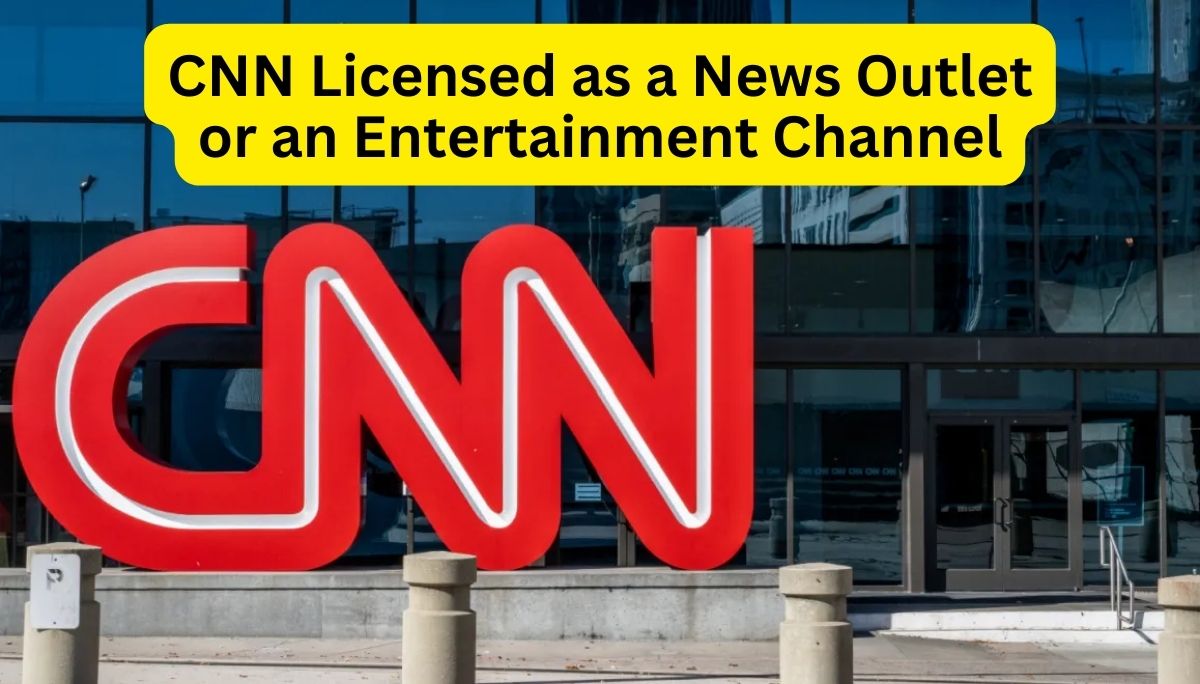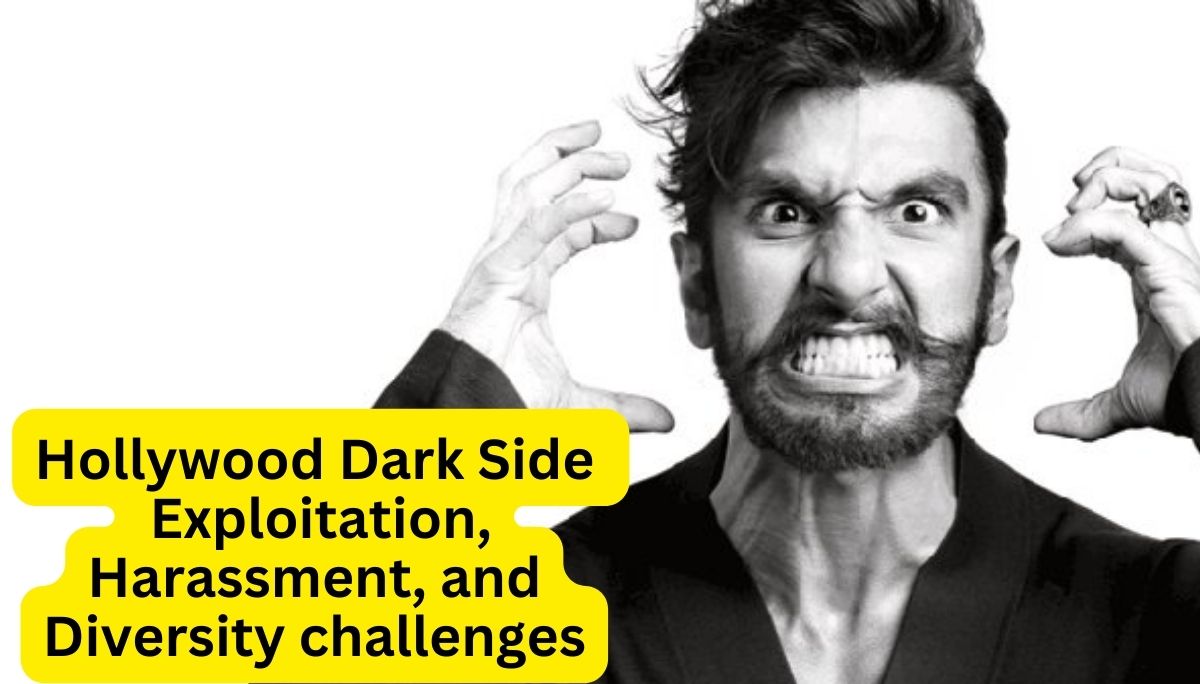Is Fox News Primarily an Entertainment or News Channel? Uncover the Truth About Fox News
Welcome to a journey into the realm of media and journalism, where truth and bias often intertwine in the landscape of news broadcasting. In this article, we’ll explore the intriguing question. Join us as we navigate through the complexities of media dynamics, political influence, and audience engagement.

Table of Contents
In the ever-evolving landscape of modern media, the lines between news and entertainment have become increasingly blurred. At the forefront of this debate stands Fox News, a cable network that has garnered both ardent supporters and fierce critics. As viewers and pundits grapple with the question of whether Fox News is an entertainment or news channel, it’s essential to delve deeper into the nuances of this complex issue.
The Rise of Fox News
Fox News, launched in 1996, emerged as a disruptive force in the cable news landscape, positioning itself as a counterweight to what it perceived as a liberal bias in mainstream media. From its inception, the network aimed to cater to a conservative audience, offering a unique perspective on news and current events.
Blurring the Lines: News or Infotainment?
At the heart of the debate surrounding Fox News lies the question of whether it prioritizes news or entertainment. Critics argue that the network’s programming often blurs the line between factual reporting and opinion-driven commentary, leading to a blending of news and entertainment, often referred to as “infotainment.”
Shows like “The O’Reilly Factor,” “Hannity,” and “Tucker Carlson Tonight” have been praised by supporters for their engaging and provocative discussions but criticized by others for blending opinion and speculation with hard news, potentially compromising journalistic integrity.
The Pursuit of Ratings and Viewership
Like any cable network, Fox News operates within a highly competitive market, where ratings and viewership are paramount to success. This pursuit of audience share has led to accusations that the network prioritizes sensationalism and controversy over objective reporting, tailoring its content to appeal to a specific demographic.
Supporters argue that Fox News’ approach is a necessary response to the changing media landscape, where audiences demand more engaging and personality-driven content. Critics, however, contend that this pursuit of ratings comes at the expense of journalistic ethics and credibility.
Balancing Journalism and Entertainment
While the debate rages on, it’s important to acknowledge that Fox News does maintain a dedicated news division, employing journalists who adhere to professional standards and ethical guidelines. However, the network’s overall programming strategy often blends these news segments with opinion-driven commentary and analysis, leading to the perception of a blurred line between news and entertainment.
Proponents of Fox News argue that this approach allows for a more comprehensive exploration of issues, providing viewers with a diverse range of perspectives and analyses. Critics, on the other hand, assert that the network’s overt ideological leanings undermine its credibility as an impartial news source.
Frequently Asked Questions: Is Fox News Primarily an Entertainment or News Channel
Q: Is Fox News licensed as a news organization or an entertainment network?
A: Fox News operates under a news license and is regulated as a news organization. However, the inclusion of opinion-driven programming and entertainment elements has led to debates about its true nature.
Q: Does Fox News prioritize entertainment over factual reporting?
A: While Fox News maintains a dedicated news division, critics argue that its overall programming strategy often prioritizes entertainment value and audience engagement over objective reporting.
Q: How does Fox News balance news and opinion programming?
A: Fox News aims to balance news and opinion programming by separating its news segments from opinion-driven shows and commentary. However, critics contend that this separation is often blurred, leading to a blending of news and entertainment.
Q: Is the blurring of news and entertainment a positive or negative trend?
A: The blurring of news and entertainment is a divisive issue, with supporters arguing that it enhances audience engagement and provides diverse perspectives, while critics contend that it compromises journalistic credibility and objectivity.
Q: Is Fox News reliable as a source of news?
A: Fox News provides a mix of news reporting and opinion programming, catering to a conservative-leaning audience. While some viewers trust Fox News as a reliable source of information, others perceive it as biased or sensationalistic. It’s essential for viewers to critically evaluate sources and seek diverse perspectives.
Q: Does Fox News prioritize entertainment over news?
A: Critics argue that Fox News prioritizes entertainment and opinionated commentary over objective news reporting. While Fox News offers a blend of news and opinion programming, the extent to which entertainment influences its content varies among shows and hosts.
Q: How does Fox News compare to other news networks?
A: Fox News differs from other news networks in its conservative-leaning perspective and editorial approach. While networks like CNN and MSNBC are often perceived as left-leaning, Fox News stands out for its emphasis on conservative viewpoints and advocacy journalism.
Q: How can viewers discern credible news sources from opinion-based programming?
A: To discern credible news sources from opinion-based programming, viewers should consider factors such as the organization’s adherence to journalistic ethics, transparency about editorial processes, and the clear separation of news and opinion content.
As the debate surrounding Fox News’ classification rages on, one thing is clear: the lines between news and entertainment have become increasingly blurred in the modern media landscape. While the network operates under a news license and employs journalists, its programming strategy often incorporates elements of entertainment and opinion-driven commentary. Whether this approach enhances viewer engagement or compromises journalistic integrity remains a matter of ongoing debate. Ultimately, it is up to viewers to critically evaluate the content they consume and make informed decisions about the credibility and reliability of the sources they rely on for news and information.






